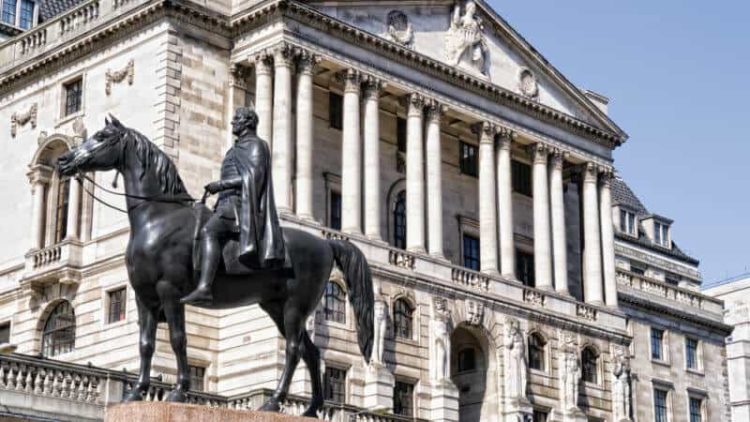Bank of England (BOE) has reiterated its plans to assess the regulatory framework for crypto assets. The bank’s Financial Policy Committee (FPC) noted that cryptocurrencies “present financial stability risks” that need to be addressed in the financial sector.
The bank also mentioned sanctions related to the ongoing Russian-Ukraine crisis and reasons why a proper regulatory framework should be given priority.
This has echoed the thoughts of bureaucrats and financial regulators worldwide who are concerned that Russia could use crypto to bypass the economic sanctions.
Regulators Access Crypto Regulatory Framework
The BOE board has been very critical of the cryptocurrency economy. In November last year, the BOE governor, Andrew Bailey, stated that El Salvador’s new Bitcoin law could pose a major problem to the financial system. The South American country made Bitcoin a legal tender and allowed goods and services to be paid with digital currency.
In October last year, Bank of England deputy governor for financial stability, Sir Jon Cunliffe, raised concerns that crypto assets could fall to zero. However, the recent report places more emphasis on the financial stability the cryptocurrencies could cause to UK’s financial system.
Crypto’s Risk Exposure To The Wider Financial System Is Still Low
According to the report, the level of risks from exposure of cryptocurrencies to the financial system in the UK is currently limited.
The report was referring to the interconnectedness and the limited size of crypto when compared to the wider financial system.
But crypto assets could present financial stability risks in the future if the industry maintains this level of growth and increases its level of interconnection with the wider financial system.
The proposal for a standard regulatory framework for cryptocurrencies has gained more intensity since the invasion of Ukraine by Russia. Following the FPC meeting, it is understood that the BOE is looking to categorize crypto assets under the same financial group as traditional financial assets.
Your capital is at risk.
Read more:
Credit: Source link

![The 3 Best New Meme Coins to Invest in This Week Are Ready to Shake Up Your Crypto Wallet [With a Crazy 90% APY on Staking]](https://cryptocentralized.com/wp-content/uploads/2025/01/unnamed-2025-01-19T074942.725-360x180.png)











































































































































